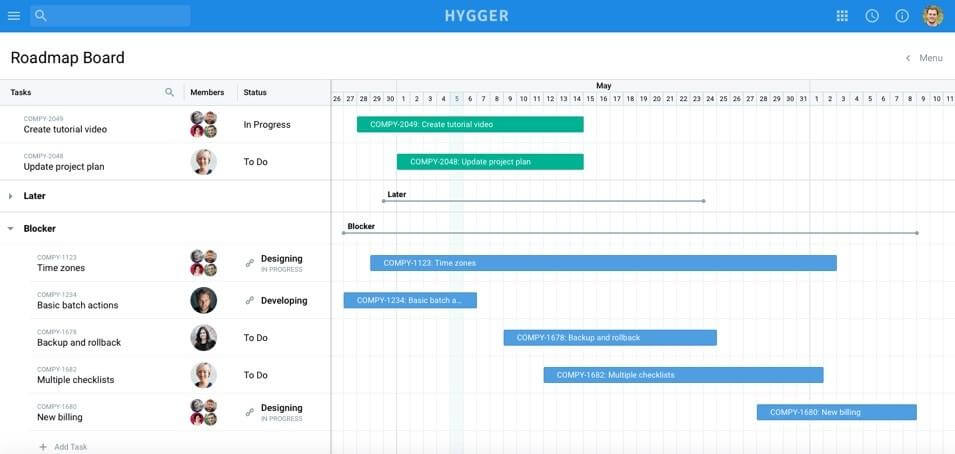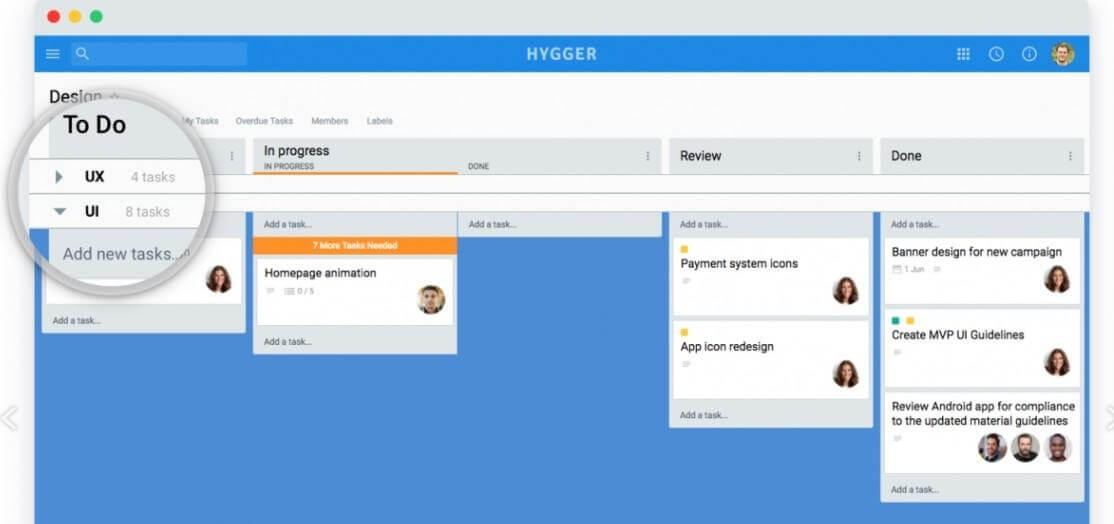What Are the Key Responsibilities of Product Managers?

If a product is an airplane, then a product manager is the co-pilot of this plane. The first pilot is CEO. This analogy is rather relevant today because, in many software development companies, product management attracts much attention and get a dominant role in the company’s strategy.
Product Manager: job description
Who is a product manager in your company? According to one the popular classic definitions – a manager who is responsible for creating the product (new products), its purposes, assortment policy, pricing, market analysis, product requirements, promotion and KPI planning.
What are the responsibilities of product managers?
Product managers are responsible for the uneasy path of the product or service to their success. They manage a cross-functional team whose members are dealing with all the steps along this way.
This organizational role is especially important for IT companies. The product manager determines the strategy, important functions for the product or the product line and visualizes a roadmap.
Often, this position includes marketing functionality, forecasting profits, and possible losses. In many ways, the role of the product manager is similar in concept to the functionality of a brand manager or a project manager.
Product managers have in-depth knowledge of the products necessary to lead the team and make strategic decisions. They are constantly immersed in the analysis of the market situation and the competitors’ updates.
They work on developing the product concept, trying to differentiate and provide a unique value based on the requirements of customers.
The product manager in IT companies is not just a leader in the team, but also an intermediary between technical specialists, marketers, sales managers and support guys.
Among the global tasks and objectives – to provide a “healthy” atmosphere in the cross-functional team from the concept of the product until its launch.
IT product manager’s responsibilities
If summarize all the concerns above, we can combine them into four separate areas of responsibility:
Strategy
A product manager is responsible for the vision of the product lifecycle and the setting of a global strategy. The important task is to clearly articulate and justify the business value of the product for the team so that everyone understands the importance and usefulness of releasing a new product.
Product managers coordinate all the ideas in the product roadmap and determine the priorities.
It is time to remind about powerful tools that help managers to avoid routine in product tasks and build up competent communication.
A smart product roadmap is one of these strategic tools. It helps product managers to systematize and compose all ideas and initiatives, plan the terms of their implementation, and share with colleagues and stakeholders.
The roadmap can be compiled in a simple way in spreadsheets, Powerpoint or using professional services, such as a platform for product managing Hygger.io.
Ideas generation and prioritization
Any company strives to develop the best ideas for implementation. But if there are many of them, it is not always easy to determine priorities. The product manager’s responsibility is to study and analyze ideas and manage their priorities.
Competent product managers will quickly decide what idea to promote for its soonest transformation into a product feature, and which one is better to forget. This is supported by popular prioritization techniques (Kano Model, Story Mapping, MoSCoW, etc.)
Features analysis
Product managers analyze the features, comparing them with the strategic goals and initiatives of the company. This often requires the adoption of complex trade-offs, because efficiency must be high both for customers and the company. Therefore, the interaction with the development team and product manager’s technical background are quite important.
Product releases
Planning the team’s actions and timing is also the responsibility of the product manager, regardless of the development methodology the team works with. The manager is responsible for the process of release and coordination of all actions before the product enters the market. Such actions are: removal of obstacles, bugs fixing, internal reconciliation between marketing, support and sales teams.
What is the difference between product managers and project managers?
Product and project managers are often seen as interchangeable leaders. Indeed, their functionality in many companies may seem somehow the same.
However, these positions differ and require different skills, working tools and methodologies.
This is evident in the companies engaged in software development, where both positions are most often included.
- Product managers manage product development. They set priorities for initiatives and make strategic decisions about what and how will be built and implemented.
- Project managers, in their turn, track the implementation of all plans that have already been agreed and implemented by the team.
What is the difference in management tools?
Software for product management and services from the arsenal of project management leader are completely different tools with their own goals and functions.
However, today you can find universal platforms that can meet the needs of both positions. For example, Kanban-oriented tools, as Hygger.
But if talking about the main differences between these tools, we can define the following:
- Product management software helps managers organize and develop communications with the product strategy team.
- Project management software helps project managers (and others responsible for creating a product) track the implementation of the strategy.
How to become a successful product manager? Education, skills or intuitive flair?
HR-specialists offer their vision of the product manager’s characteristics, dividing them into professional and personal qualities:
Professional qualities of product managers
- Marketing strategies
- Project management of product and service development
- Financial modeling
- Pricing, budgeting
- Qualitative, quantitative and comprehensive research
- Documentation (project, user, technical)
- Product promotion, PR
Personal qualities of product managers
- Business negotiations and presentations, professional communication skills
- Time management
- High level of managerial decision-making
- Customer-centricity
- Multitasking
- High responsibility
- Leadership in setting tasks and delegating
- Teambuilding skills, the ability to motivate
- Self-development
- Broad contacts in the industry
As a conclusion
Only after working as a product manager and having experienced all the stages of the product lifecycle, you can understand how this can be difficult. The slightest failure in the system, an unnoticed bug or inconsistency between development and marketing guys, can lead to the fatal outcome.
That’s why a modern product manager is that special lever of control and that Batman who manages the outcome of the product and controls most of the processes. Do you still have any doubt about the popularity of this position and the level of product manager salary? Will it decline or not? Sincerely waiting for your comments!
As a Bonus
5 Facebook groups for product managers
Professional groups on the most popular social network represent a rich channel of information, news, interesting cases and exchange of expert opinions. Join them and learn a lot of new things:
- Product Management Growth
- The community of product managers
- Product Management team
- Product Management community
- Project Management Cafe
In these groups, you can always find something interesting. Actually, soon we will publish a new article with the latest bestsellers and classic books for product managers. Besides, many useful ideas on managing products and strategies of Growth hacking can be found in our special list.






